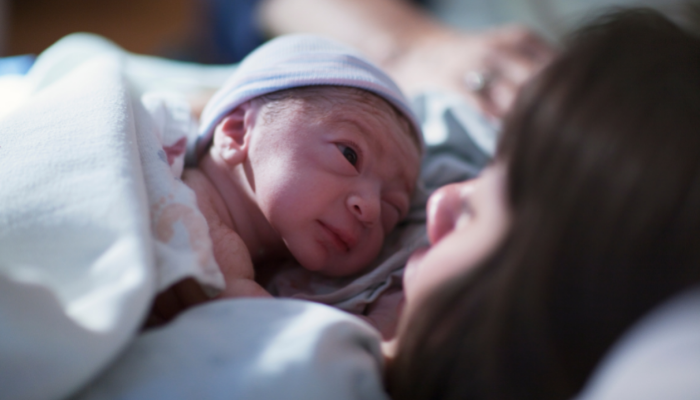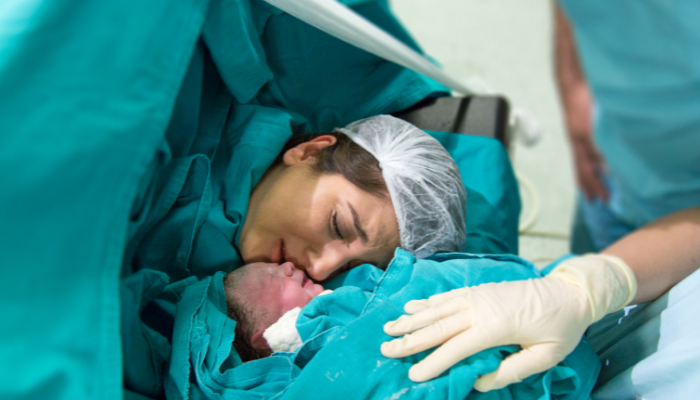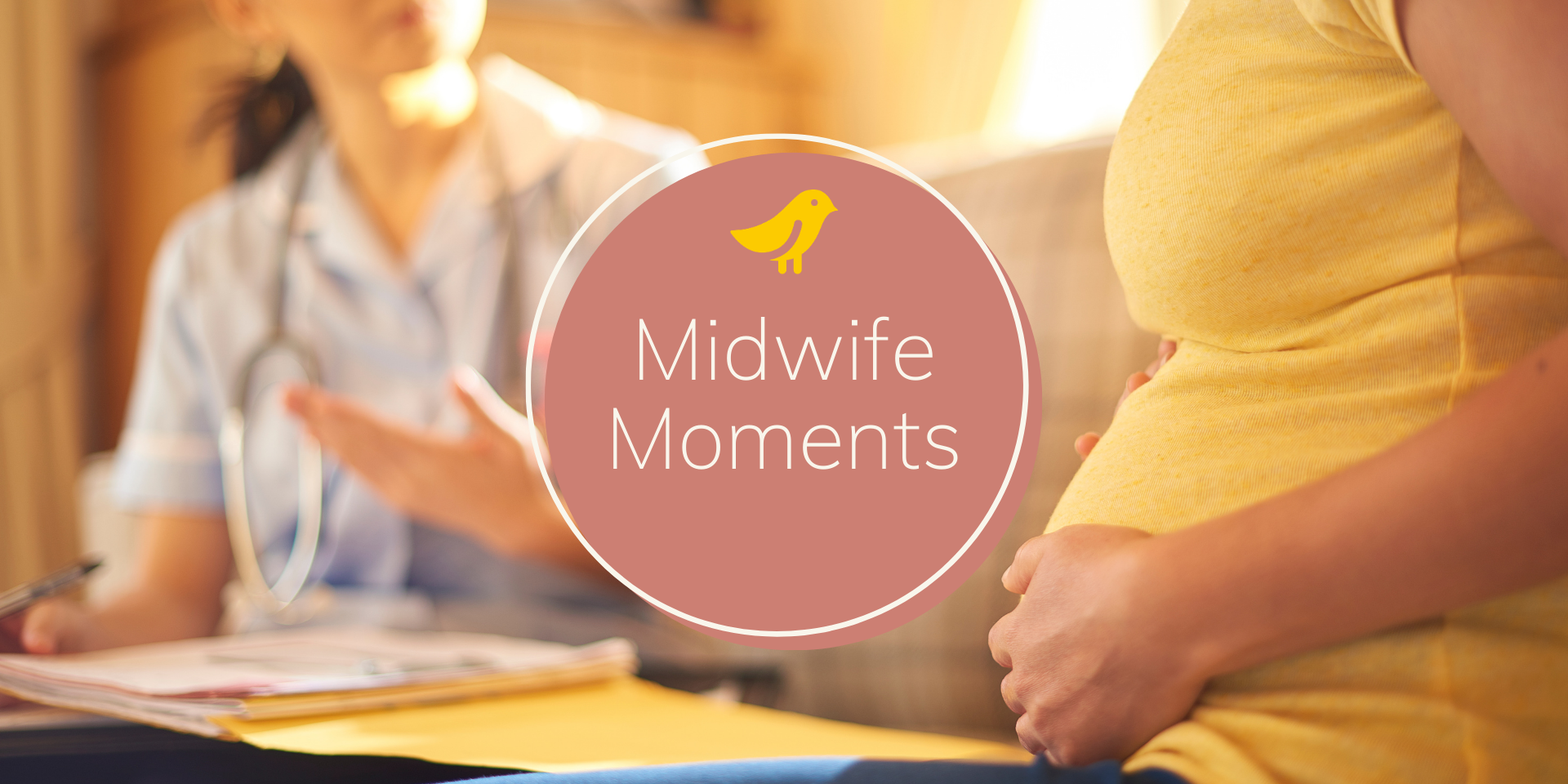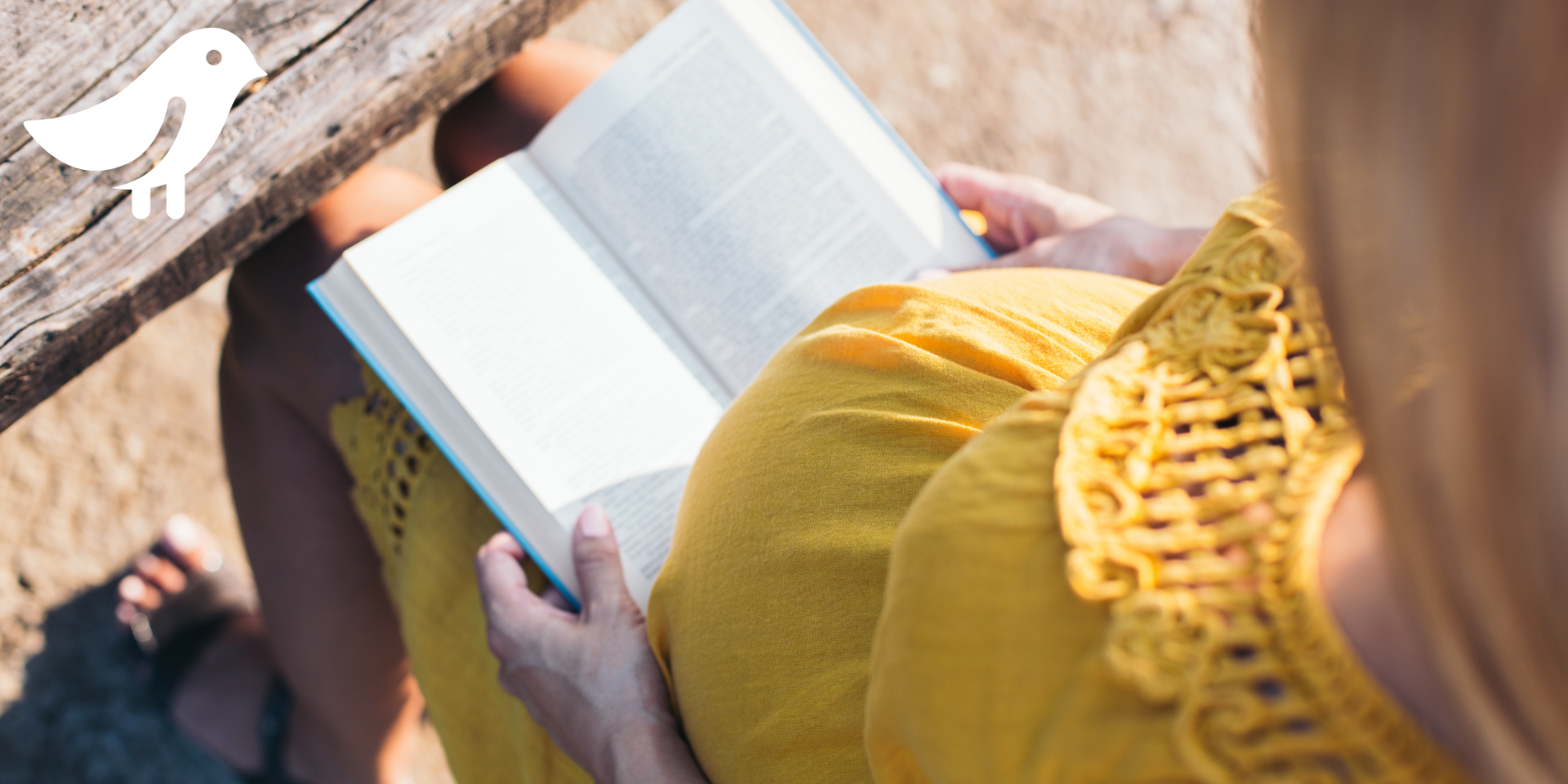If you’re a first-time mum, chances are you have a million and one questions about birth. As a community, we’re used to hearing about the ‘miracle of birth’, but what precedes it – labour – is simply reduced to one observation: ‘Pain that you immediately forget about once the baby is born’.
This couldn’t be any further from the truth. Birth is an indescribable mix of emotions, feelings, and highs and lows, with an adrenaline rush thrown in for good measure. It’s also the start of something completely new.
Thankfully, the conversation around birth is slowly changing as more women open up on the subject. It also helps to have a wonderful group of midwives at the Malta Midwives Association (MMA) who are educating and empowering expectant parents on everything pregnancy, birth and postpartum.
At Island Bébé, we’re thrilled to be able to collaborate closely with the MMA to provide parents and parents-to-be with expert insight and tips. In this interview, Marie Soler, MMA childbirth educator and senior midwife at Mater Dei Hospital, shares 11 things midwives in Malta want women to know and a couple of bonus answers to the TMI questions all of us are dying to ask!
Whether you’re close to your due date, or still have a while to go, Marie’s insights are sure to help out.

1. How will I know when I’m in active labour and it’s time to head to hospital?
There are different signs that labour might be starting, you might start experiencing some period like cramps, lose your mucus plug (show) or have an urge to go to the bathroom. These may very well be early signs of labour and it is perfectly safe to wait at home whilst you keep yourself well hydrated and nourished and moving and resting as needed.
Signs of active labour include increase in frequency and duration of contractions. Usually in active labour women experience at least a contraction every 5 minutes and lasting around 45 seconds and possibly the water breaking. Some women might experience a water leak without having contractions. In both of these instances women are asked to go into hospital.
2. What happens when I arrive at the hospital?
At your place of birth an assigned midwife will care for you and your baby by monitoring your wellbeing and assessing the progress of labour. We know that the birth environment plays an important part in the process of birth and thus you are encouraged to adapt the space to accommodate you best. Some women might like to dim the lights or maybe play music to feel more comfortable and facilitate the progression of labour and happy hormones.
3. What if I don’t know the midwife? Will I still feel comfortable?
Most women who give birth at hospital will not know their midwife. As midwives, we are used to meeting with different families with varying backgrounds and preferences thus we are comfortable in adapting our care as needed. It is a good idea to discuss your thoughts, plans and wishes for your birth with your midwife once you are in hospital.

4. What should I know about labour that many new mums often don’t?
Early labour varies wildly. It may last a few hours or go on for days. During this time women will experience mild irregular surges which may start and stop every few hours. This helps the baby get into position and prepares the cervix for labour by softening it and starting to open slowly. During this phase it is important to eat, move and rest.
5. What positions do midwives recommend to help the process of labour?
So, depending on the phase of labour you’ll be advised on what positions are best to adopt. During early labour we know that moving about and sitting on the birthing ball may help for the baby to go down into the pelvis. Many women might experience lower back discomfort and find leaning forward or staying on all fours whilst their birth partner applies sacral pressure or heat quite comforting.
If an epidural is in use we advise the sitting or side-lying position. When side-lying during the end of pregnancy and during labour you ideally place a pillow between your knees and ankles and tilt yourself slightly forward. This provides the appropriate support and avoids creating asymmetrical twists in the pelvic floor and joints that may prevent the baby from entering the pelvis in the right position.
During the pushing phase we encourage women to adopt a position that is comfortable for them, most women might feel that the sitting position works best however from my experience I can tell that when women mobilize and adopt other positions (such as on all fours, standing or squatting) the pushing phase tends to be shorter.
6. How painful is labour really? Will I be able to manage the pain?
Pain is very subjective. It is normal to ask questions about pain as we are used to seeing images of women screaming and shouting whilst giving birth. However, it is important to prepare yourself during the antenatal period by attending a childbirth preparation course and reading about birth. This will help you to understand the physiology of birth better and guide you on what techniques can be used to help you relax, alleviate discomforts, and remain in control. Pharmacological pain relief (including gas and air, pethidine and epidural anaesthesia) is also available in hospital and its use is discussed with you during labour.
7. What’s my partner’s role during labour?
Birth partners are very important during the pregnancy, birth and postpartum period. Your birth partner will provide you with emotional and physical support by praising you, encouraging you, holding you and helping you by attending to your needs. Being close and well supported will make you feel safe and more relaxed. It is also important that you discuss your birth wishes with your partner beforehand as they can be your advocate if need be.

8. What are the first moments after birth like?
Many emotions flow just minutes after birth. I feel like everything slows down once the baby is born as contractions stop and the new parents are focused on their newborn baby.
Babies are immediately placed skin-to-skin after a vaginal birth as we are very aware of the benefits of skin-to-skin contact and the early initiation of breastfeeding. The cord is left intact until it stops pulsating and then the birth partner is encouraged to cut the cord. In the case of a C-section or instrumental birth the baby is briefly examined by the paediatrician and then placed skin-to-skin as soon as possible.
9. What if I’m too weak to care for my newborn after birth? What help will I need postpartum?
We know that birth can be exhausting and if possible we do recommend that your birth partner stays with you during the hours after birth to participate in the care of your baby and yourself. It is also a good idea not to make any plans after you return home with the baby as the first days might be quite challenging while you adapt to the routine and attend to the needs of the baby. Family members and friends may also help by providing you with cooked meals and doing chores.
10. What’s one piece of advice you always share with a mum to be?
You are enough. We live in a world where we have a lot of information and opinions about parenting and everyone wants the best for their newborn and family, however this may often feel like an added pressure. Trust yourself and your gut feeling, you know your family best and don’t be afraid to ask and accept help.

11. Anything else you want mums to be and their partners to know?
Invest time in reading and preparing yourself for labour and birth by attending childbirth courses and watching/reading about birth stories. These can all help you become more empowered and confident in believing your body can do this.
And now on to the questions we all want to ask but are afraid to…
Do you care if I trim my pubic hair or not?
Shaving for birth used to be a routine practice back in the day as it was believed that it would prevent infection. However, this is not the case anymore and it is really up to your personal preference whether to shave or not. In case of a C-section we do advise that pubic hair at the site of incision is trimmed 48 hours before.
What happens if I poo during labour?
Many women will open their bowels on their own if they go into spontaneous labour. During birth you have extra pressure on your colon and rectum from the weight of the baby moving down the birth canal. You can’t control the poo! The muscles you use whilst pushing are the same ones you use when you’re pooping so it is only natural for this to happen. So you will find that your midwife will be cheering you on whilst this is happening as it means that you are close to meeting your baby!
Thank you for sharing such great insight with us, Marie – especially for sharing the last two answers – knowledge is power, in birth and beyond!
Parents-to-be, learn more about the Malta Midwives Association and check out their many amazing courses, here.



